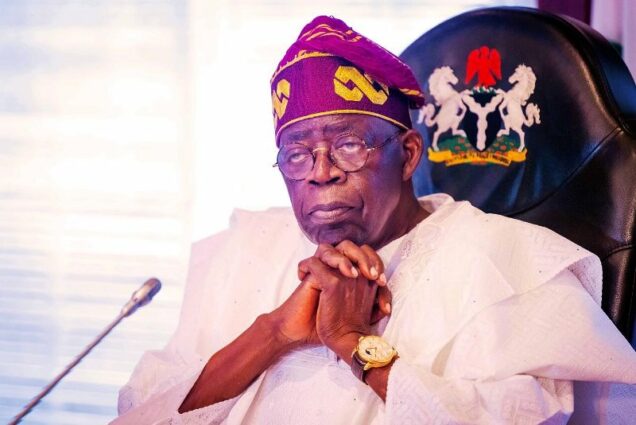The Federal Government on Tuesday said it had reinstated the suspended social investment programme, disclosing the scheme would provide direct payments to 75 million Nigerians in 50 million households to reduce the suffering of citizens, especially vulnerable groups.
It stated that the cash transfer programme was overhauled to tackle fraud.
The Minister of Finance and the Coordinating Minister of the Economy, Wale Edun, announced this at the ministerial sectoral briefing to mark the first year in office of the President Bola Tinubu administration in Abuja.
On January 12, Tinubu suspended all the programmes administered by the National Social Investment Programme Agency for six weeks, as part of a probe of alleged malfeasance in the management of the agency and the scheme.
The president also suspended Betta Edu as the minister of Humanitarian Affairs and Poverty Alleviation on January 8. Edu’s ministry supervises the operations of the NSIPA.
The intervention programmes affected include the N-Power, the conditional cash transfer scheme, the government enterprise and empowerment programme, and the home-grown school feeding initiative.
On March 13, the House of Representatives asked the federal government to resume the implementation of the suspended social investment initiatives.
To revamp the programme, Tinubu approved the establishment of a Special Presidential Panel, led by Edun to carry out an intensive review and audit of the existing financial frameworks and policy guidelines of the social investment programmes.
Giving an update on the steps taken by the committee at the briefing, the finance minister stated that the government had decided to restart the programme to provide succour for poor Nigerians.
Edun said, “I am duty-bound to give you an overview of the strategy, policies, and implementation of Mr President’s reform programme. Immediately upon assuming office, Mr President launched macroeconomic reforms to restore stability to the Nigerian economy, including subsidy reforms and foreign exchange market reforms. These reforms caused a spike in costs for individuals and businesses, but Mr President is committed to counterbalancing the negative effects with interventions across the social spectrum.
“The government has restarted the social investment program, providing direct payments to 75 million Nigerians in 50 million households. Access to credit has been improved, with N1bn allocated to consumer credit and grants of 50,000 Naira being given to 1 million nano industries.”


